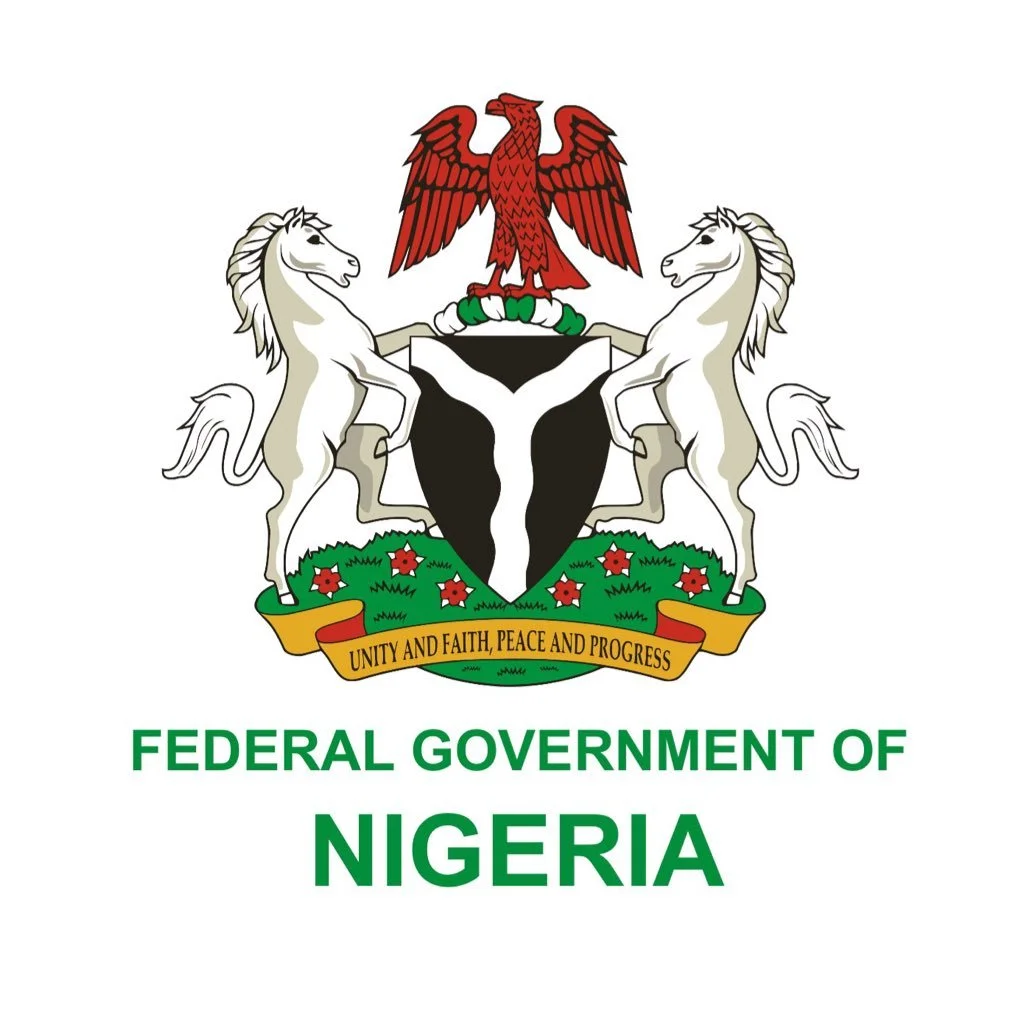The Federal Government has unveiled a new set of incentives to accelerate agricultural investment under President Bola Tinubu’s Renewed Hope Agenda.
Vice President Kashim Shettima, who announced the measures in Abuja yesterday at the Food and Agriculture Organisation of the United Nations (FAO) National and Subregional Hand-in-Hand Investment Forum, said the reforms were designed to unlock Nigeria’s vast food production potential and reposition agriculture as the backbone of the economy. He stressed that hunger was not only a national challenge, but also a global security issue that required deliberate and sustained action.
“Nothing unifies humanity as much as hunger. It is the great equaliser that reveals our vulnerabilities and the shared fragility of our existence. Food is not merely a matter of survival; it is a matter of global security,” Shettima declared.
The Vice President said the administration was introducing single-window platforms for land registration, strengthening agricultural credit systems, expanding irrigation networks, and scaling up mechanisation.
He identified irrigation as a “game-changer,” pointing out that while Nigeria has river basins and aquifers capable of irrigating over three million hectares, less than 10 per cent of that capacity is currently in use.
“Strategic investment in irrigation alone could triple yields, free us from seasonal dependency, and fortify our resilience against climate shocks,” he said.
Shettima assured investors that Nigeria’s policies were being re-engineered to attract capital through regulatory reforms, public-private partnerships, and agri-tech innovations.
He reaffirmed the government’s commitment to its national blueprint, which targets the creation of 21 million full-time jobs in rural and agrarian communities, and seeks to lift 35 million Nigerians out of poverty.
Earlier, Minister of Agriculture and Food Security, Abubakar Kyari, presented the country’s investment profile, noting that the nation’s large domestic market, extensive arable land, favourable climate, and fast-growing digital economy create vast opportunities across the agribusiness value chain.
Minister of Budget and Economic Planning, Atiku Abubakar Bagudu, described agriculture as a key driver of Nigeria’s economic diversification plan, especially through irrigation, which he said holds enormous potential for transformation.
International stakeholders, including Gambia’s Minister of Agriculture, Livestock and Food Security, Dr. Demba Sabally; FAO Representative in Nigeria and ECOWAS, Dr. Hussein Gadain, and the EU Ambassador to Nigeria, Mr. Gautier Mignot, commended Nigeria’s leadership and clear priorities in agriculture.
The EU envoy disclosed that the Union recently committed over €80 million to strengthen key agricultural value chains in seven Nigerian states, and pledged deeper collaboration to scale irrigation infrastructure.
THE development came amid a blunt pronouncement by Special Adviser to the President on Economic Matters, Tope Fasua,
that farmers are already complaining about the crash in food prices across the federation.
He explained at a live programme that food prices were already dropping, as inflation eases. His statement came shortly after the National Bureau of Statistics (NBS) reported that headline inflation fell to 20.12 per cent in August, down from 21.88 per cent the previous month.

